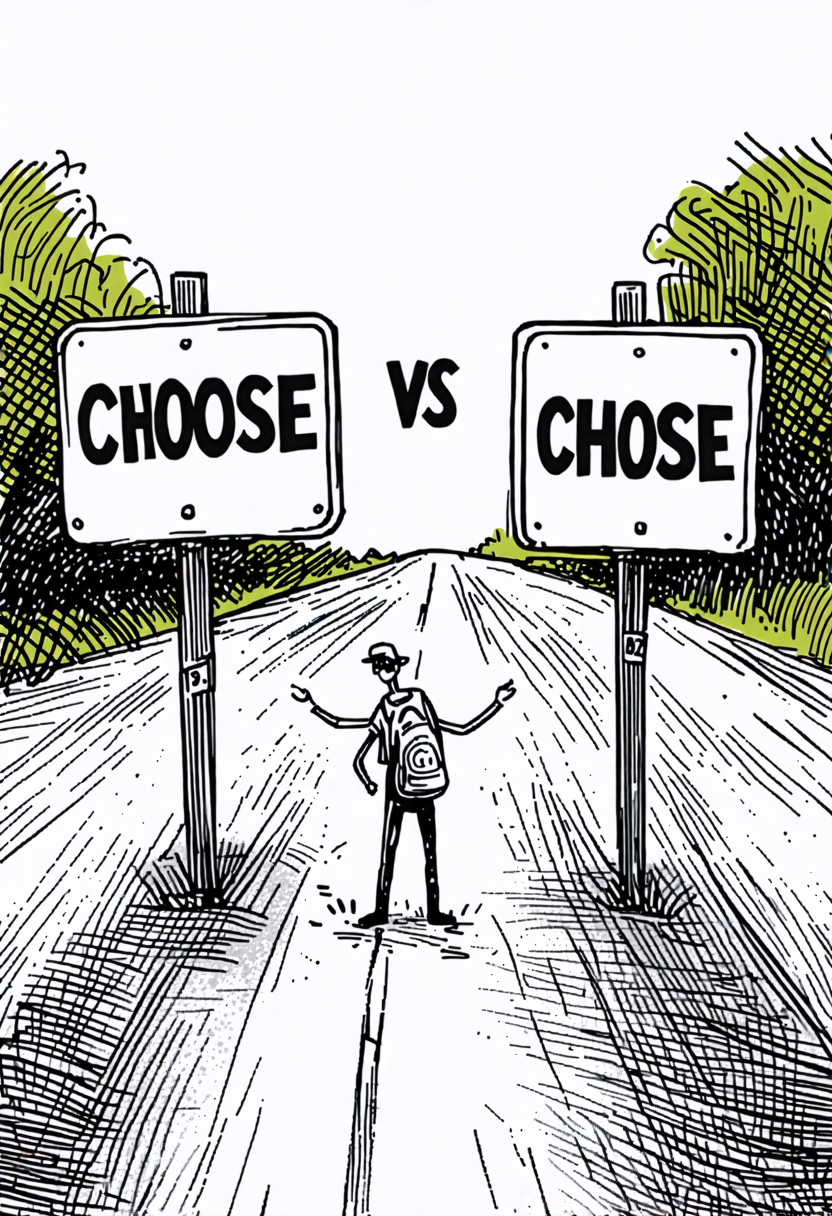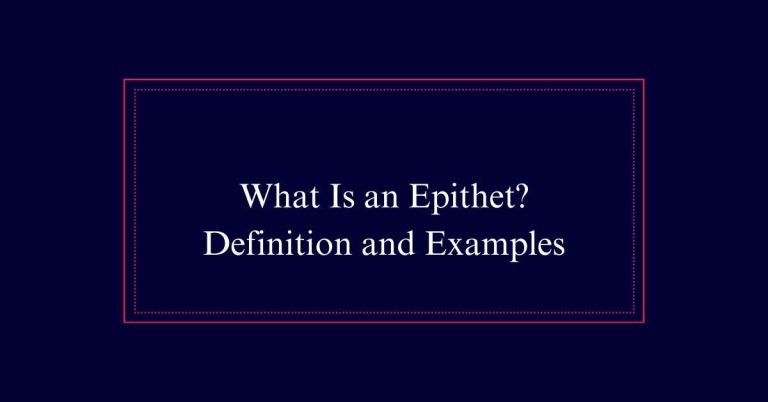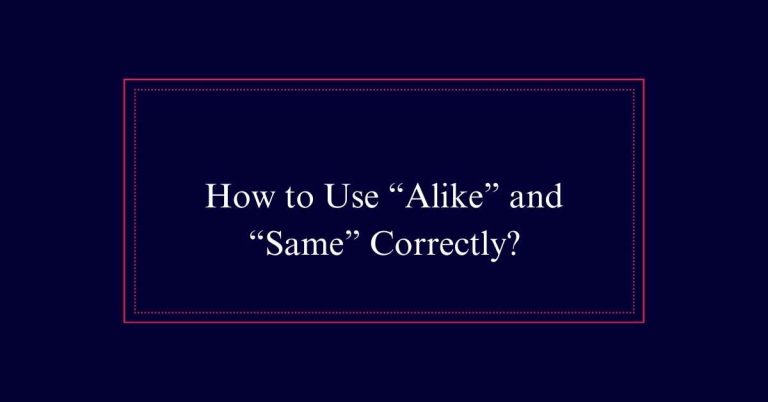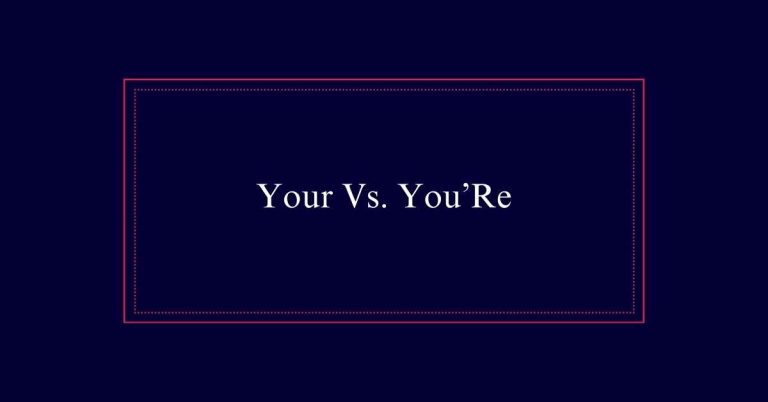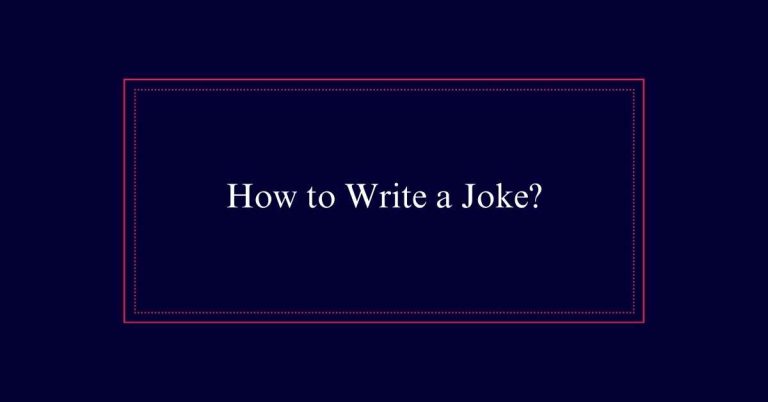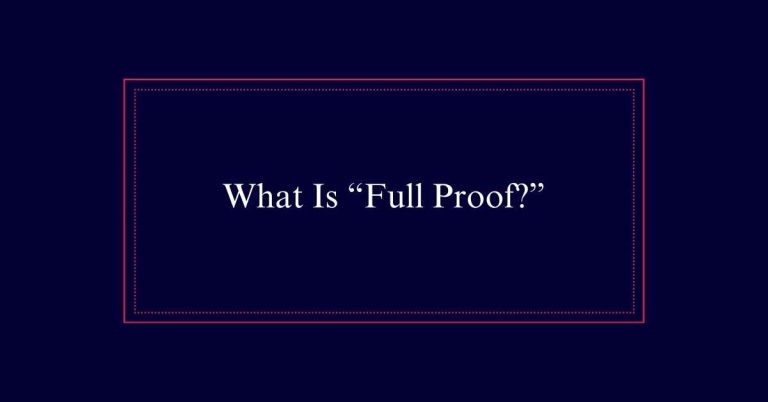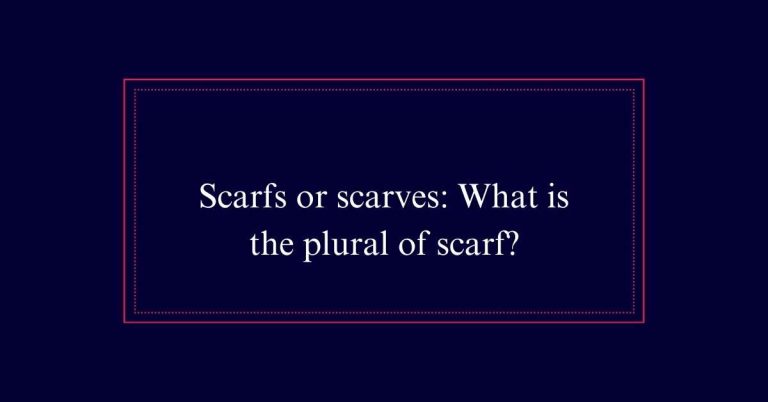Choose Vs. Chose
‘Choose’ and ‘chose’ are forms of the verb ‘to choose.’ ‘Choose’ is used in the present tense to indicate a decision made now or in the future. For example, ‘I choose to study every day.’ ‘Chose,’ on the other hand, is the past tense form, used for decisions already made. For instance, ‘She chose the red dress yesterday.’
Definition of ‘Choose’
‘Choose’ refers to the act of picking or selecting from various options. It is a verb used in the present tense.
When you ‘choose’ something, you make a decision now or in the near future. For example, ‘I choose to read this book today.’
The word ‘choose’ agrees with the subject in the first, second, and plural third-person forms. It is always spelled with a double ‘o’ and can be used for immediate decisions.
Remember that ‘choose’ is different from ‘chose,’ which is the past tense form. Proper usage of ‘choose’ guarantees clarity in communication, indicating that the selection is current or ongoing.
Present Tense Usage
Understanding how to correctly use ‘choose’ in the present tense is essential for clear communication. In the present tense, ‘choose’ is used to indicate a current action of selecting from options. It is used universally with first, second, and plural third-person subjects. This consistency helps in maintaining clarity and precision in written and spoken language.
Here is a simple table to illustrate:
| Subject | Present Tense Example |
|---|---|
| I | I choose to walk to work. |
| You | You choose the best solution. |
| They/We | They choose the blue design. |
Subject-Verb Agreement
Subject-verb agreement is essential for grammatical accuracy in both written and spoken language.
When using ‘choose’ and ‘chose,’ making sure the verb matches the subject is vital. ‘Choose’ is used with subjects in the present tense, such as ‘I choose,’ ‘you choose,’ and ‘they choose.’ For singular third-person subjects, ‘chooses’ is correct, as in ‘He chooses.’
In contrast, ‘chose’ is used for all subjects in the past tense, like ‘I chose’ or ‘they chose.’
Examples for ‘Choose’
Many individuals opt to exercise in the morning to boost their energy levels for the day.
The verb ‘opt’ is used in the present tense to indicate a decision made now or a habitual action. For example, ‘Students select their elective courses at the start of the semester.’
Another example is, ‘Parents often pick healthy snacks for their children.’
When using ‘opt,’ make sure that the action is ongoing or repeated. ‘We decide to recycle to help the environment’ demonstrates a continuous choice.
Similarly, ‘Executives make choices to improve company performance’ reflects current decision-making.
Definition of ‘Chose’
Chose’ is the past tense form of the verb ‘choose,’ used to describe decisions made at a previous time. It indicates that the action of selecting or picking among options occurred in the past.
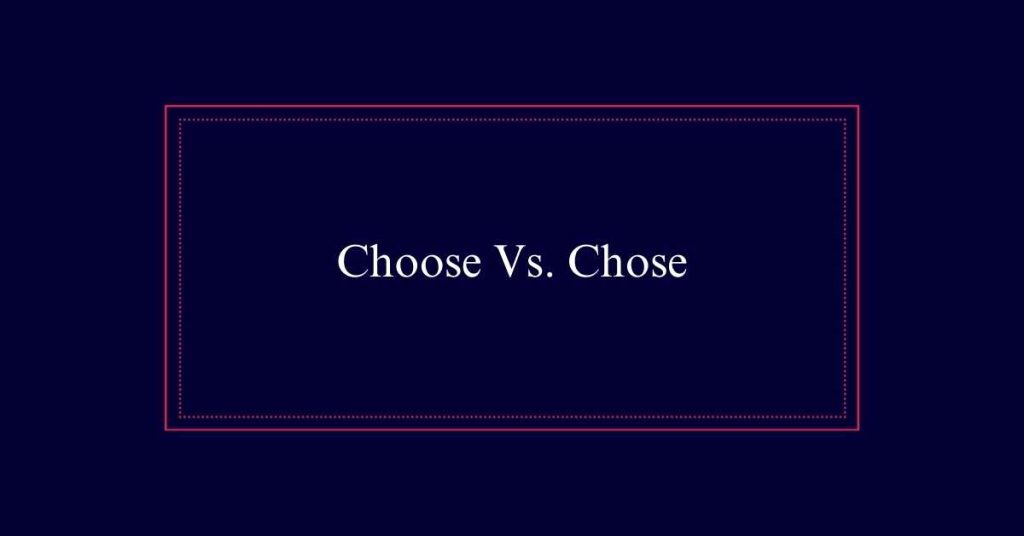
Being an irregular verb, ‘choose’ changes to ‘chose’ rather than following a regular pattern. This form is used to convey that a choice has already been made and is no longer ongoing.
For example, one might say, ‘She chose the blue dress for the party,’ indicating the decision was made earlier.
Past Tense Usage
Understanding the definition of ‘chose’ lays the groundwork for exploring its past tense usage. ‘Chose’ is the past tense form of the verb ‘choose.’ It is used to describe actions or decisions made at a specific time in the past. Unlike ‘choose,’ which is used in the present tense, ‘chose’ indicates that the action has already been completed.
| Tense | Example Sentence |
|---|---|
| Present | I choose to read a book today. |
| Past | Yesterday, I chose to read a book. |
| Present | She chooses her outfits carefully. |
| Past | She chose her outfit carefully yesterday. |
Irregular Verb Forms
Irregular verbs, such as ‘choose’ and ‘chose,’ do not follow standard conjugation rules. Unlike regular verbs that typically add -ed for past tense, irregular verbs change form.
‘Choose’ is used in the present tense when selecting from options. For example, ‘I choose the blue shirt.’
Conversely, ‘chose’ is the past tense form of ‘choose,’ used to describe an action that has already occurred. For instance, ‘She chose the red dress yesterday.’
Understanding these forms is important because using the wrong form can lead to confusion. Remember, ‘choose’ is for present choices, and ‘chose’ is for past decisions. This irregularity is common in English, making it important to memorize these forms.
Examples for ‘Chose’
To clarify the proper use of ‘chose,’ let’s examine a few detailed examples. ‘Chose’ is the simple past tense of the verb ‘choose’ and is used for actions that occurred in the past.
Here are some instances to illustrate its correct usage:
- Yesterday, Maria chose to walk to work instead of driving.
- Last week, the committee chose the new project leader.
- He chose the blue shirt for the event last night.
- They chose the scenic route during their road trip.
Memory Tips
A useful technique for remembering when to use ‘choose’ versus ‘chose’ is to think about the length of the words. ‘Choose’ is longer, just like the time it takes to arrive at a decision in the present or future.
‘Chose’ is shorter, reflecting a quick, past action. Another tip is to note that ‘choose’ has a double ‘o,’ similar to ‘soon,’ indicating future or ongoing actions.
Alternatively, replace ‘choose’ or ‘chose’ with a regular verb like ‘pick’ to see if it makes sense in present or past tense. For example, ‘I choose to go’ becomes ‘I pick to go,’ and ‘I chose to go’ becomes ‘I picked to go.’
Common Mistakes
One common mistake people make is confusing ‘choose’ with ‘chose’ when describing actions that occur in different time frames. This can lead to unclear communication and misunderstandings.
To avoid this, remember:
- Present Tense: Use ‘choose’ when talking about actions happening now. For example, ‘I choose to read a book.’
- Past Tense: Use ‘chose’ when referring to actions that happened in the past. For example, ‘She chose the red dress yesterday.’
- Double ‘O’: ‘Choose’ has a double ‘o’ like ‘soon,’ indicating a present or future action.
- Shorter Forms: ‘Chose’ is shorter, like the past, suggesting the action is completed.
